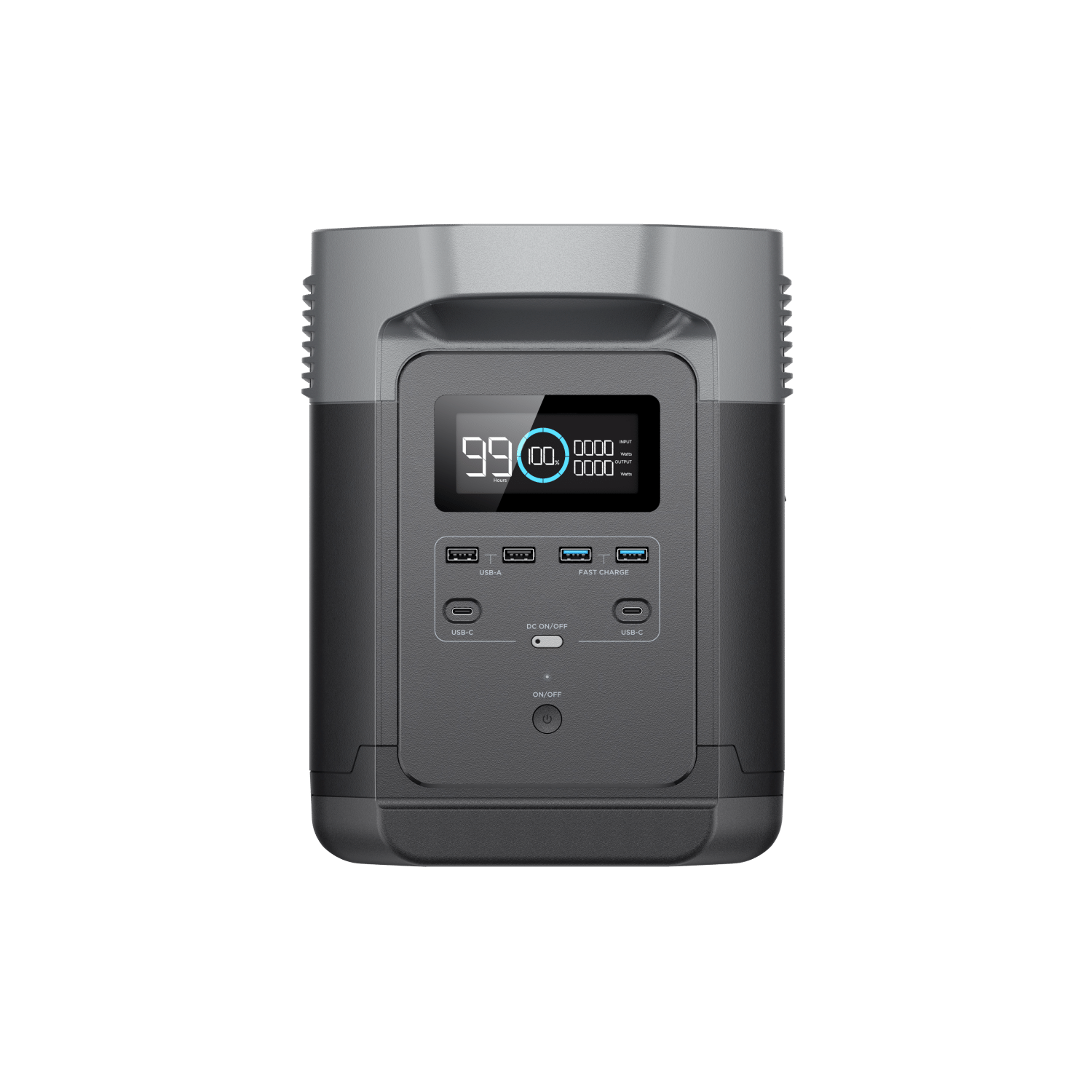I want to pickup a battery solar station for my home to use strictly for power outage scenarios.
And I can’t make a decision...
Jackery 1000, Bluetti AC200 (months from now), Ecoflow Delta 1300, Bluetti 1000 etc. I am looking at this range of items priced between 1000-1500 USD give or take.
I’m going nuts trying to make the best decision. The cost is all pretty close so I just want something reliable so I can boil water or power a small fridge if I lose power for 24 hours. I was thinking an EcoFlow delta but they reliability factors scare me. The ac200 sounds great but I can’t order one. I like the simplicity of a Jackery 1000 but wills review basically said for the money EcoFlow was better.
just please tell me what to do. I do not want to build a system. I want something I can put in the basement and dust off when I need it in an emergency. What is the smart move here? Thanks.
And I can’t make a decision...
Jackery 1000, Bluetti AC200 (months from now), Ecoflow Delta 1300, Bluetti 1000 etc. I am looking at this range of items priced between 1000-1500 USD give or take.
I’m going nuts trying to make the best decision. The cost is all pretty close so I just want something reliable so I can boil water or power a small fridge if I lose power for 24 hours. I was thinking an EcoFlow delta but they reliability factors scare me. The ac200 sounds great but I can’t order one. I like the simplicity of a Jackery 1000 but wills review basically said for the money EcoFlow was better.
just please tell me what to do. I do not want to build a system. I want something I can put in the basement and dust off when I need it in an emergency. What is the smart move here? Thanks.





